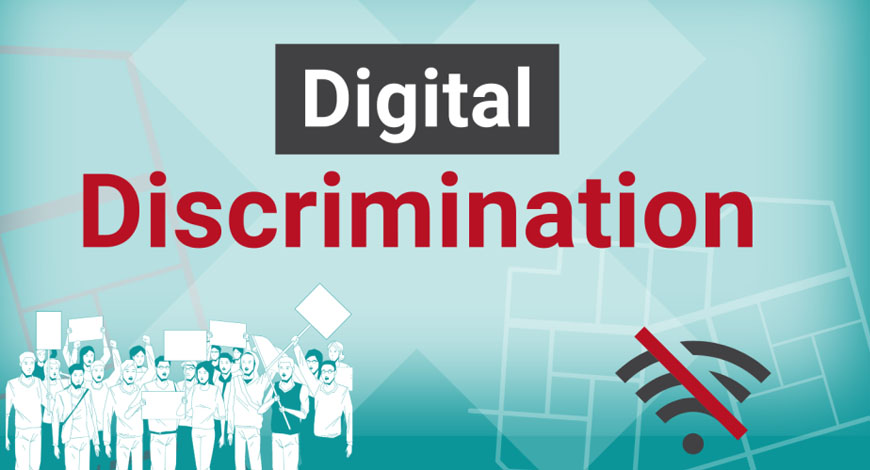International Circuit
FCC adopts rules to prevent and eliminate digital discrimination

The Federal Communications Commission has adopted final rules to prevent digital discrimination of access to broadband services based on income level, race, ethnicity, color, religion, or national origin. Under the Bipartisan Infrastructure Law, the FCC is required to adopt rules to ensure that all Americans have equal access to reliable, high-speed broadband services without discrimination based on the characteristics listed in the statute.
The new rules establish a framework to facilitate equal access to broadband internet services by preventing digital discrimination of access. Under these rules, the FCC can protect consumers by directly addressing companies’ policies and practices if they differentially impact consumers’ access to broadband internet access service or are intended to do so, and by applying these protections to ensure communities see equitable broadband deployment, network upgrades, and maintenance.
While recognizing and fully taking into account technical and economic challenges that may prevent full achievement of equal access to broadband service, these rules target business practices and policies that impede equal access to broadband without adequate justification. The rules focus on the very real problem of outcome, such as when decisions untainted by discriminatory intent nevertheless cause different communities to receive different access to broadband services. The rules do not focus solely on the mindsets of industry participants when making decisions that affect access to broadband service.
Under the new rules, the Commission can investigate possible instances of discrimination of broadband access, work with companies to solve problems, facilitate mediation, and, when necessary, penalize companies for violating the rules. The FCC will review consumer complaints of digital discrimination of access through an improved consumer complaint portal and staff will meet monthly to assess trends in complaint patterns. Finally, the Commission adopted model policies and best practices that will support states, local and Tribal governments in their efforts to combat digital discrimination.
The rules define “digital discrimination of access” as “Policies or practices, not justified by genuine issues of technical or economic feasibility, that differentially impact consumers’ access to broadband internet access service based on their income level, race, ethnicity, color, religion or national origin, or are intended to have such differential impact.” As the law requires, the FCC will consider arguments that legitimate business impediments preclude equal access to broadband service in particular communities.
BCS Bureau





